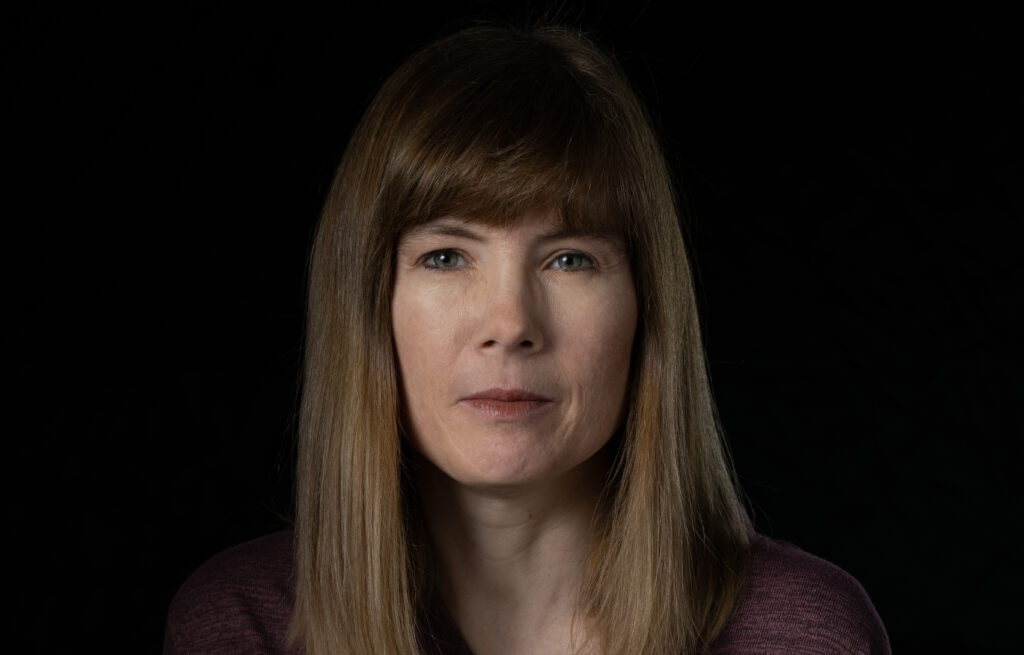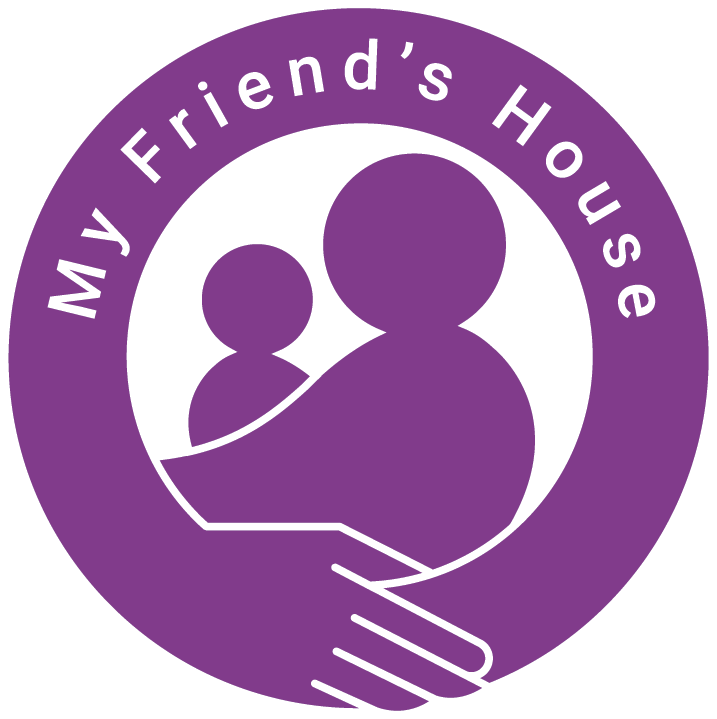Cara’s Story
Cara could hardly verbalize much of her story as she was so traumatized.
After experiencing intimate partner violence for 15 years, Cara had the courage to come to our shelter looking for safety for herself and her daughter. When they arrived, Cara could not verbalize much of her story as she was so traumatized. She was desperate to feel safe, and yet, was also second guessing her decision to come to shelter. She had been made to feel unworthy of love and her self-confidence was at an all-time low.
At My Friend’s House, Cara and her daughter were given a room with bedding, a small storage area, and some toiletries. Across the hall was a washroom and laundry facilities, and the rooms next to her were all occupied by other women. She was encouraged to treat this home like her own: She could come and go whenever she pleased. The kitchen was stocked and available for her to cook any meal she wanted or any snack her daughter might want after school. There was open space in the backyard to get fresh air and where her daughter could play with other children.
Cara and her daughter were now safe. But Cara had mental health and addiction challenges that needed to be addressed.

After settling into her new environment, Cara met Robyn, the My Friend’s House Wellness Coordinator. Over the next few weeks, they worked together to address Cara’s mental health and addiction challenges which stemmed from the trauma associated with her abusive relationship.
Robyn was able to connect Cara with free local resources that offered Cara comfort and coping strategies, making her feel she was not alone in this journey to better herself. While she was working with our Wellness Coordinator, Cara also spent time with our Transitional Housing Worker to find housing – what would be suitable for her and her daughter, what she could afford and how long would Cara need to feel comfortable living independently again.
Our Therapeutic Counsellor met with Cara to talk through her feelings associated with her relationship trauma and how she can move past her abusive history and work towards healing using talk therapy. Our Child and Youth Worker met with Cara’s daughter to offer support, coping strategies and help her work through the anxiety she was feeling around the changes in her life. She also offered her daughter fun activities to take part in and the ability to connect with other children who were staying in shelter.
The My Friend’s House team worked together to provide the most support for Cara that they could. But what would happen when Cara and her daughter were back on their own? Read more below.
“Being here is what family must feel like.”
One cold afternoon, Cara was in the kitchen cooking. Robyn went into the kitchen in to check in with her, drawn to the warm scent of the family meal Cara was preparing. Cara shared that she could not believe how much better and stronger she had been feeling after coming to shelter – feelings she never believed she would experience. Cara continued to say, “Being here is what family must feel like.”
Cara then shared that she has never been able to count on anyone for support. You see, Cara grew up witnessing and experiencing domestic violence and poverty. Cara’s mother began to struggle with her mental health due to the ongoing trauma in the home and turned to drug use to cope. Cara’s father was an alcoholic. Her parents lost their housing and lived in campers and tents for most of Cara’s childhood. In fact, Cara stayed at My Friend’s House as a child with her mother after fleeing abuse from her father. The impact of intergenerational trauma, abuse, poverty and addiction has led many women to our door.
After an 8 week stay at My Friend’s House, Cara now lives in her own home with her daughter and continues to work on her mental health. She works full-time and is financially independent, living in safe, affordable housing. Perhaps the greatest outcome of Cara’s courage is giving her daughter the gift of what family feels like.
YOUR GIFT MAKES IT POSSIBLE FOR WOMEN AND CHILDREN TO ESCAPE VIOLENCE.
My Friend’s House is a non-profit agency offering support for abused women and children living in the Georgian Triangle. Since opening in 1991, My Friend’s House has helped thousands of women get the safety and support they need to rebuild their lives.
Charitable Registration No: 129677191RR0001
Office: 705-444-2586
P.O Box 374
Collingwood, Ontario, Canada, L9Y 3Z7
For administration purposes only: [email protected]
Join Our Email List
Join our mailing list and follow us on social media.

